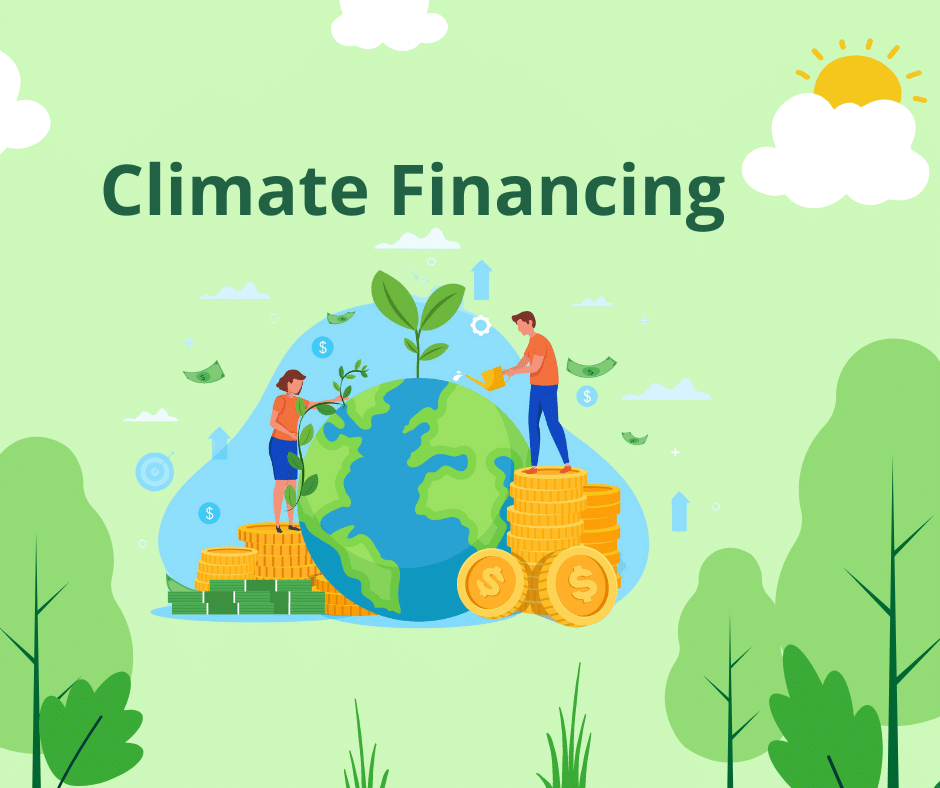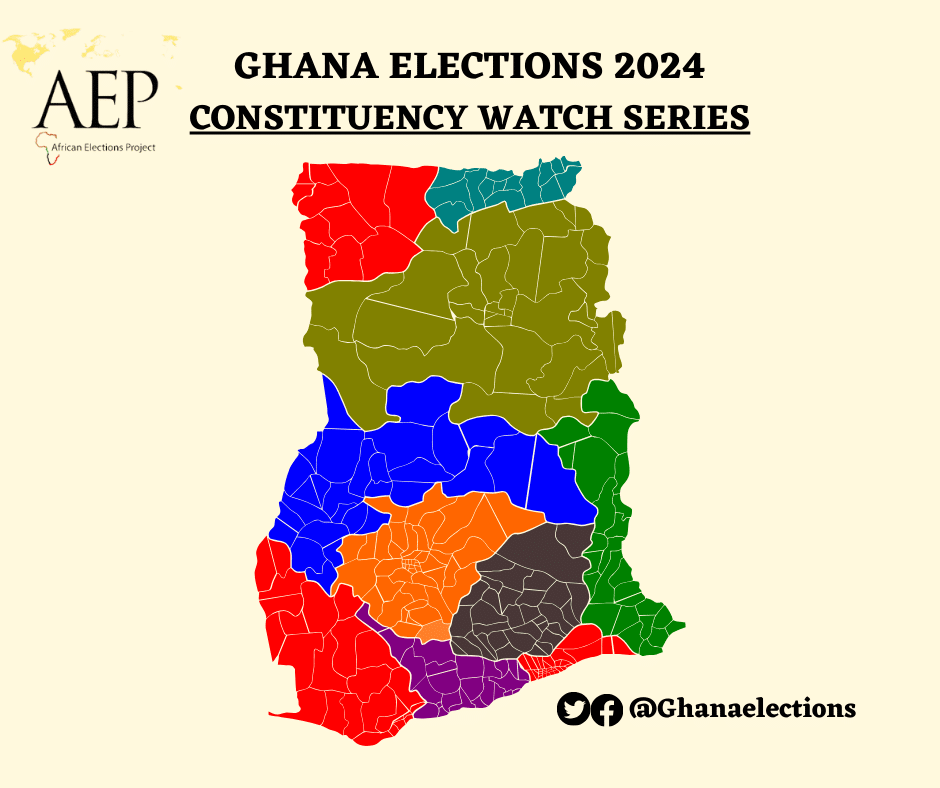By: Patrick Smith, Caroline Chebet, Tim Concannon and Jerry Sam
Approved last April, the EU’s deforestation regulation was hailed by MEPs as a landmark in the bloc’s push towards sustainable business practices and slashing carbon emissions.
“European consumers can now rest assured that they will no longer be unwittingly complicit in deforestation,” said the European Parliament’s negotiator on the law, former centre-right Luxembourgish MEP Christophe Hansen.
But critical voices from Latin American and African countries, who will have to implement the new regime, complain that they were not consulted and that the law risks putting thousands of vulnerable farmers out of business.
Like the EU’s Carbon Border Adjustment Mechanism, another law aimed at curbing emissions that imposes new requirements on exporters to the EU, the EU’s deforestation regulation (EUDR) was passed by the European Parliament with cross-party support and a wide majority — despite having been subject to a massive lobbying effort by multinationals and civil society groups.
The EUDR sits alongside the EU’s new Corporate Sustainability Due Diligence Directive, which aims to ensure that businesses identify, prevent, and mitigate their adverse impacts on human rights and the environment across their supply chains. That includes guaranteeing that products do not contribute to deforestation.
The new law will first apply to multinational companies in late 2024. Firms will be required to screen their global suppliers via the setup of annual due diligence frameworks. These would need to be provided to the member states where the products are sold, guaranteeing that they have not caused deforestation.
The regulation on deforestation-free products applies to cattle, cocoa, coffee, palm oil, rubber, soya, and wood. It also covers products like leather, chocolate, charcoal and printed paper, which have been made using these commodities.
The EUDR’s scope also requires due diligence statements to include information attesting that products produced by suppliers have complied with supplying countries’ land-use, labour and human rights laws.
Penalties
Those found breaching the rules could see their products suspended from the EU market, with operators and traders facing potential fines of up to four percent of their annual turnover in the EU, and the confiscation of products and revenues.
EU member states will need to cope with the administrative burden of carrying out inspections as well as the bureaucratic requirements that the regulation will impose on small businesses, especially when it comes to geolocation.
Products coming from low-risk countries will be subject to a simplified due diligence procedure. The proportion of checks will be performed on operators according to the country’s risk level: nine percent for high-risk countries, three percent for standard risk and one percent for low-risk in terms of deforestation.
The due diligence statement will also have to include information on the quantity and the geolocation of all plots of land where the commodities were produced, dating from 31 December 2020.
Vulnerable stakeholders
Around five million — mostly west African — smallholders are responsible for producing 80 percent of the globe’s cocoa. Elsewhere, almost two-thirds of global coffee production occurs on 12 million farms of less than five hectares, while around 30 percent of global palm oil production results from the work of smallholders.
The EU law states that the due diligence process targets private-sector traders and operators, not individual countries and farmers.
The EU has promised to provide financial support for smallholder farmers and, more broadly, to countries demonstrating willingness to combat deforestation and ‘least developed countries.’
But the impact assessment by the European Commission was short of detail on how the new law will impact smallholders and the costs they will have to bear to comply. Nor did the EU executive draw together a production-side impact assessment.
Smallholders are the most vulnerable stakeholders in the value chain. The EU regulation aims to introduce additional requirements and scrutiny to their practices, potentially increasing their responsibilities as well as their administrative and financial burden.
“The enforcement of the due diligence process could transfer higher costs for farmers already struggling to achieve a living income,” warns Maria Naranjo, a researcher on green economy and land use at Wageningen University in the Netherlands.
Meanwhile, there are concerns that additional import regulations, and the associated costs, could incentivize traders to source from fewer smallholders or move sourcing to lower-risk areas.
The new law is expected to increase prices though there is little evidence that this will benefit smallholder farmers, particularly in markets with many smallholders selling to a single buyer. It is also unclear how implementation will work with countries having different legal definitions of deforestation and national sovereignty.
The demand-side impact assessment did not assess the expected impacts on deforestation on the ground, nor the potential direct or indirect impacts of the regulation on smallholder incomes, human rights violations and land tenure security, all of which are drivers of deforestation.
Compliance is likely to favour larger commercial farms over smallholders in supply chains, since the compliance costs will be greater for goods sourced from many smallholders with complex value chains than from one large producer.
Industry stakeholders and experts add that the new law is likely to push up the price of land that had been deforested before the cut-off date. This would make production for EU markets on such lands more remunerative, displacing production for domestic and non-EU markets. In some instances, major trading houses or producers may opt to purchase such lands from smallholders outright. They, in turn, are likely to continue encroaching forest zones resulting in indirect deforestation and expansion of agricultural land.
Kenyan government officials concede that the EU deforestation law will pile pressure on land-use and that most farmers are unaware of how new rules will have an impact on their livelihoods.
Kenya’s cabinet secretary for cooperatives and micro and small enterprises, Simon Chelugui, admits that the law is expected to “exert pressure” on the sector but was quick to note that the government is working on an integration plan that will allow farmers to earn their livelihoods while ensuring an increased forest cover.
“There will be a bit of pressure on the land use but our farmers can handle and implement all these developments concurrently,” Chelugui says.
He adds, “Farmers can spare a few acres to plant trees because these trees are also beneficial to them in terms of climate regulation and that will go a long way to the EU requirements.”
He says that areas that are good ecological zones that are suitable for forestry in the country are also areas where crops like coffee, tea, and macadamia thrive. According to Chelugui, Kenya has embraced the EUDR, as part of the Nairobi government’s broader strategy of positioning itself as an African champion on climate action.
The commission’s impact assessment on the likely effects of the new law did warn of potential shifts in EU trade towards ‘low-risk’ producer countries from ‘high-risk’ producer countries. The latter are more likely to suffer from high levels of poverty, and insiders have warned that increased poverty in poor countries could be one of the unintended consequences of the law.
Weak enforcement capabilities and limited international funding would make it harder for producing countries to be able to meet their own deforestation targets, a situation that would increase the number of countries being labelled as high risk by the EU.
Even if source-export countries adapt, the difficulties associated with tracing complex supply chains and associated costs will increase incentives for companies placing EUDR-related products in the EU to switch to low-risk jurisdictions.
Not every country is equally prepared, argues Naranjo. “That is why it is important to determine at the national level the readiness of producers in the country and which bottlenecks still need to be resolved,” she says. The commission should conduct country assessments on their readiness to fulfil the new due diligence requirements, Naranjo has argued.
Coffee was incorporated into the regulation because of the association between deforestation in a specific area or country and coffee production. In relation to coffee production, the definitions of deforestation in the law imply that all coffee plantations, even when grown in an agroforestry system that meets the structural requirements for forest, is considered deforestation when done in land that used to be forest. The only exception could be natural coffee forests in Ethiopia and southern Sudan.
For its part, Ivory Coast, which accounts for almost two-thirds of the world’s cocoa bean production together with Ghana, is lobbying the EU for increased financial support to bring down deforestation. Its government, in anticipation of the EUDR, has also introduced its own GPS tracking system to improve data on where cocoa beans originate and has been distributing electronic tracking cards to farmers — necessary to trade — since February. Other affected countries such as Ghana have also introduced a national mandatory traceability system to meet EUDR requirements.
No consultation
A number of African leaders and economists complained that the EU often fails to hold significant consultations on new laws that, though well-intended — will have major effects on their economies. Like CBAM, regulation has been seen by many stakeholders in Africa and Latin America as an exercise in instruction rather than collaboration.
“I think that the EUDR is good, because we’re looking at issues of sustainability,” says Rachel Gyabaah, technical advisor for TrustAfrica, an NGO. “But as usual, what was lacking were consultations as to what is defined as deforestation and what it (the regulation) means to each of the countries that are going to be affected as well as the implications for those (farmers) producing,” she adds.
“COCOBOD was engaged at some point and within the civil society organisations space, the Ghana Civil Society Cocoa Platform was engaged for our thoughts; but these were after the regulation has come out,” says Gyabaah, adding that “there needs to be more time to be able to ensure that a lot of these producers have a good knowledge about it and that measures are put in place to ensure that these producers are not pushed out of business.”
“A great step towards the reduction of global deforestation and biodiversity loss,” according to Naranjo, researcher at Wageningen Economic Research. There is also a mixed reaction from government and industry in key African economies such as Kenya and South Africa.
Although the Kenyan government is currently working on reforming the coffee sector across its 37 coffee-growing areas, the country has yet to react to the EUDR.
Festus Bett, the general manager at Kipkelion District Cooperative Union, in the Rift Valley, admits that the EU is currently Kenya’s biggest market for coffee, and that, under the new regime, Kenyan farmers will need to be certified by Rainforest Alliance to continue trading.
“Worryingly, this is a whole new process where many coffee unions, cooperatives, and farmers do not even know where to start. It is a tedious, thorough, and costly. Unions and cooperatives who have a hint of this are currently in a rush to beat the deadlines,” Bett says.
“The actors along these value chains have to be certified. Some unions already have a hint and some, like us, are running against time. We have already spent close to Ksh 1 million (€5,500) yet we are not even close. We estimate the entire process will cost around Sh 2 million (€11,000) to get certification,” he says.
And while Bett feels the requirements of the EU are geared toward protecting its people, he says complying with the checklist remains a challenge to most farmers.
“The checklist provided requires compliance on many things. It looks at governance issues, and social, environmental and integrity issues. It checks on contracts of employees within coffee farms and requires the farm owners to follow international and national labor laws,” he says.
Bett says that his union has around 20 policies that need to be checked and manual copies also submitted for purposes of certification, processes which he says may lock out many actors along the supply chain that are yet to understand the regulations.
In partnership with the United Nations Development Programme (UNDP), in January the Ethiopian government launched a $20.8m eight-year programme to combat deforestation and provide market support for Ethiopian coffee producers.
Maesela Kekana, South Africa’s chief negotiator at the COP climate summits, says that the EU deforestation regulation is set to affect countries with heavy industrial bases like South Africa.
He says that although South Africa is yet to start negotiations with the EU, the country will negotiate for an extension of deadlines.
“These regulations are coming when we have just embarked on Just Transition. What this means is that countries who will not have compiled might explore different economies and trade between themselves. This will be a setback on the decarbonisation process,” says Kekana.
A raft of African countries say that they have established themselves as allies in the fight against agriculture-driven deforestation, through industry and stakeholder partnerships like the African Sustainable Commodities Initiative, which brings together ten countries in West and Central Africa to define principles for the sustainable production of key commodities like cocoa, palm oil, rubber and coffee.
Industry observers have already noticed that Importers of coffee to the EU are starting to scale back purchases from small farmers in Africa.
“When you look keenly at these laws EU is putting in place, they are geared at protecting its people and its industries from outside competition, but what we are doing is that we are reacting to their interests. Why can’t we look inside and develop our interests like servicing our own needs first before competing with European companies to provide them what they need,” says Amos Wemanya, a researcher and a senior advisor on renewable energy and just transitions at Power Shift Africa.
He says that EUDR sounds like a warning bell to Africa to rethink its farming models based on large cash crops meant for export.
“What Africa has done is that it has put itself in a very compromising situation where even coffee farmers cannot afford the coffee they produce.”
END






